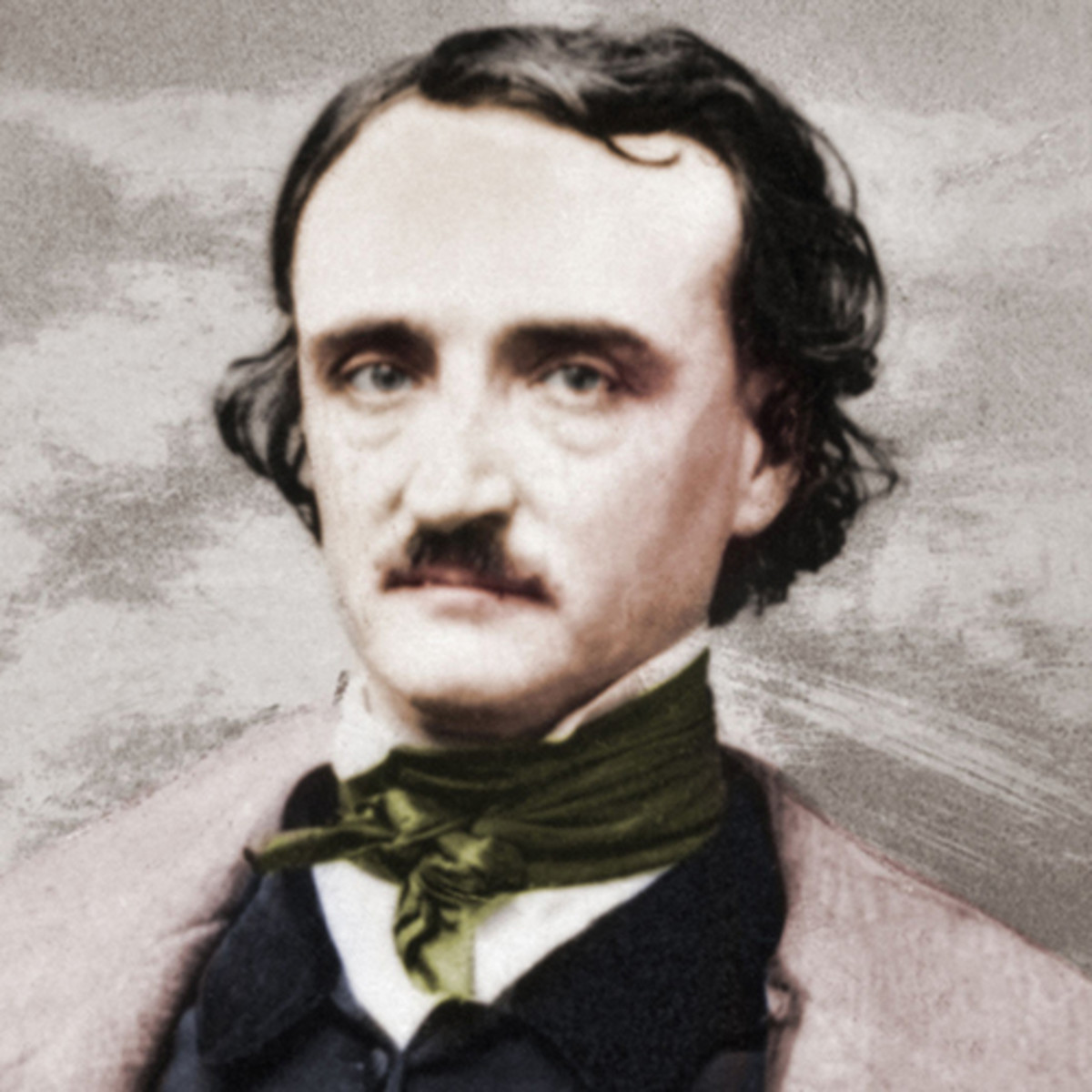It was many and many a year ago,
In a kingdom by the sea,
That a maiden there lived whom you may know
By the name of Annabel Lee;
And this maiden she lived with no other thought
Than to love and be loved by me.
I was a child and she was a child,
In this kingdom by the sea,
But we loved with a love that was more than love—
I and my Annabel Lee—
With a love that the wingèd seraphs of Heaven
Coveted her and me.
And this was the reason that, long ago,
In this kingdom by the sea,
A wind blew out of a cloud, chilling
My beautiful Annabel Lee;
So that her highborn kinsmen came
And bore her away from me,
To shut her up in a sepulchre
In this kingdom by the sea.
The angels, not half so happy in Heaven,
Went envying her and me—
Yes!—that was the reason (as all men know,
In this kingdom by the sea)
That the wind came out of the cloud by night,
Chilling and killing my Annabel Lee.
But our love it was stronger by far than the love
Of those who were older than we—
Of many far wiser than we—
And neither the angels in Heaven above
Nor the demons down under the sea
Can ever dissever my soul from the soul
Of the beautiful Annabel Lee;
For the moon never beams, without bringing me dreams
Of the beautiful Annabel Lee;
And the stars never rise, but I feel the bright eyes
Of the beautiful Annabel Lee;
And so, all the night-tide, I lie down by the side
Of my darling—my darling—my life and my bride,
In her sepulchre there by the sea—
In her tomb by the sounding sea.
Published:
1849
Length:
Regular
Literary Movements:
Romanticism
Anthology Years:
2022
Themes:
Death & Loss
Love & Relationships
Memory & The Past
Literary Devices:
Alliteration
the repetition of the same letter or sound at the beginning of words appearing in succession
Assonance
The repetition of similar vowel sounds that takes place in two or more words in proximity to each other within a line; usually refers to the repetition of internal vowel sounds in words that do not end the same.
End Rhyme
when a poem has lines ending with words that sound the same
Imagery
visually descriptive or figurative language, especially in a literary work
Repetition
a recurrence of the same word or phrase two or more times

